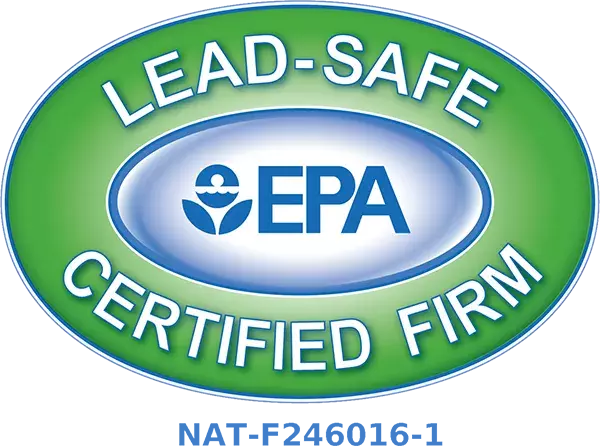Spring and summer are all about growth, renewal, and rejuvenation. But as much as we look forward to their warmth, they also bring a host of plumbing challenges that can turn our blissful days into frustrating nightmares.
What Are The Most Common Plumbing Issues?
From clogged toilets to leaky faucets, there’s no shortage of things that can go wrong with your plumbing system during these months.
Now is the perfect time to take a look at your plumbing and make sure it’s ready to withstand the heat.
By ensuring that your plumbing is free of leaks and other issues, you can create a healthier home environment for yourself and your family.
Tip 1: Inspect Your Pipes
Leaks are some of the most common problems with pipes. Inspect your pipes regularly for any signs of leaks, such as water stains on walls or ceilings, or puddles of water around your fixtures. A leaky pipe can not only waste water, but can also lead to water damage in your home. If you think you have a leak, turn off the water to the affected area and call a plumber, such as the experts at J&R Restoration.
Corrosion can also cause serious problems with your pipes, so it’s important to inspect them regularly. Look for discoloration or flaking on the surface of your pipes, and if you see any, call an expert right away.
Tip 2: Check for Blockages
Clogged pipes can cause all sorts of problems, from slow drains to complete stoppages. If you think you have a clog, turn off the water to the affected area and call a plumber.
Tip 3: Clean Your Drains Regularly
One of the best ways to keep your plumbing performing well is to regularly clean your drains. This will help to prevent clogs and keep your water flowing freely. There are a few different ways that you can clean your drains:
-You can use a plunger to dislodge any debris that may be causing a blockage.
-You can use a drain snake to reach deep into the drain and remove any build-up of gunk.
Tip 4: Upgrade Your Water Heater
If your water heater is more than 10 years old, it’s probably time for an upgrade. A new water heater will be more energy-efficient, meaning lower utility bills. And, if you choose a tankless water heater, you’ll never run out of hot water again!
Tip 5: Install Flood Sensors and Shutoff Valves
Flood sensors will detect when water levels are rising and automatically shut off the water supply to prevent flooding. Shutoff valves can be placed on individual appliances or on your main water line to stop the flow of water in an emergency.
Have a Professional Service Check Up
It’s always a good idea to have a professional service check-up on your plumbing before the hotter months hit. This will help ensure that your plumbing is in optimal condition and can help prevent any issues from arising during the peak season. A professional service check-up will include an inspection of all your plumbing fixtures and appliances, as well as thorough testing of your water pressure and supply.


